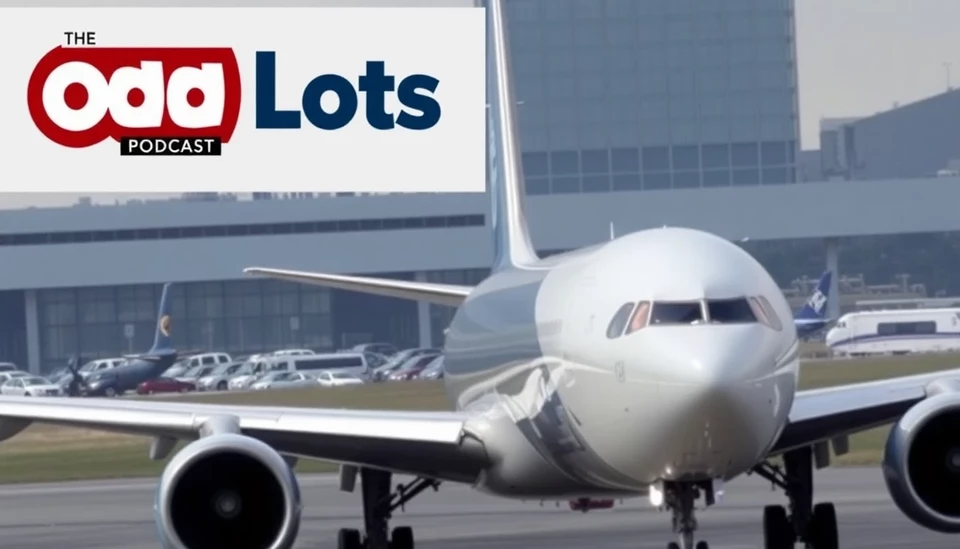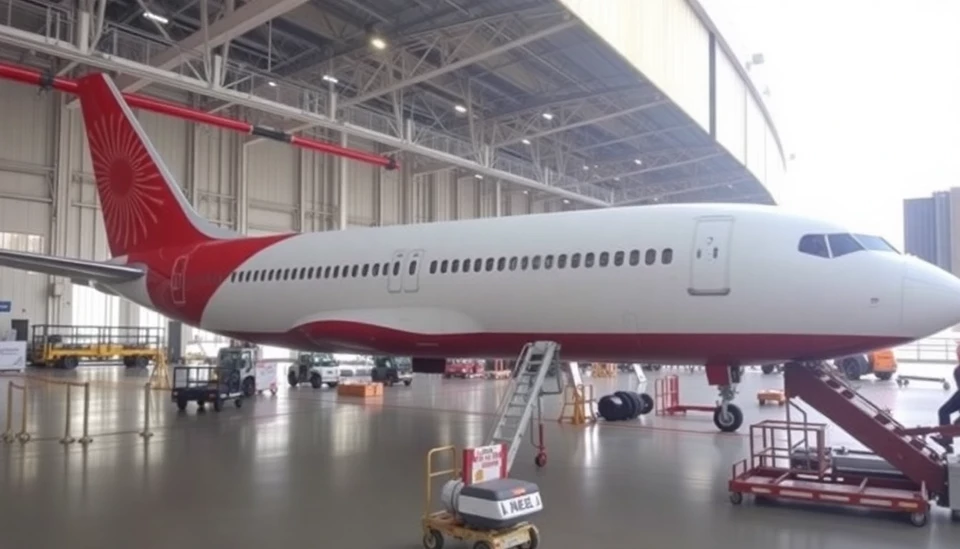
Boeing, the aerospace giant that has been a cornerstone of the aviation industry, is facing a myriad of challenges that continue to raise eyebrows amongst investors and analysts alike. A recent episode of Bloomberg's Odd Lots podcast delves deep into these issues, providing a thorough analysis of what is ailing the company and what it means for its future. Listeners are treated to the expertise of industry insiders who shed light on Boeing's operational hurdles, financial predicaments, and strategic missteps.
Starting with an overview of Boeing's current standing, the podcast reveals that the company is still grappling with the repercussions of its troubled 737 MAX program, which has dictated a significant portion of its operations since the two fatal crashes in late 2018 and early 2019. Despite the MAX being cleared for flight by regulators and gradually re-entering service, production delays and supply chain disruptions have hindered Boeing’s recovery efforts. This has left the organization struggling to regain market confidence and restore its reputation.
The discussion then transitions to Boeing's supply chain difficulties. The podcast highlights how the pandemic exacerbated pre-existing issues, causing production slowdowns and staffing shortages. As airlines ramped up their demand for new aircraft to replace aging fleets and accommodate increased travel, Boeing's inability to meet these demands has cost the company valuable market share. The constraints in their supply chain indicate that even as the industry begins to rebound, Boeing's road to recovery is anything but straightforward.
Next, the podcast takes a closer look at Boeing's financial health. It outlines a series of quarterly losses and ongoing debt levels that have been a concern for shareholders. Responding to these challenges, Boeing has initiated a series of restructuring measures to streamline operations and reduce operational costs. However, the podcast emphasizes that these measures may not be sufficient without the timely delivery of new aircraft to shore up revenues. The risk of further losses looms large if current trends continue.
Moreover, the episode discusses Boeing's competition with rivals like Airbus, which has been gaining traction in the commercial aircraft market. With advancements in technology and ongoing innovations in sustainable flying, Boeing finds itself at a critical juncture where it must not only catch up but also innovate to stay relevant in a rapidly evolving market.
Lastly, the podcast delivers insights into the leadership at Boeing and how strategic decisions are shaping the company’s direction. It poses important questions about the management strategy moving forward, emphasizing the significance of regaining trust among stakeholders to revive confidence in the brand. Boeing’s board and executive team face the monumental task of overcoming a series of missteps while also positioning the company for long-term success in a competitive environment.
As the episode wraps up, it leaves listeners with a sobering outlook on what the future may hold for Boeing, urging them to remain attentive to the developments in the company and the wider aviation industry. The challenges ahead are substantial, but the discussions presented provide a framework for understanding the complexities at play within this iconic American corporation.
In conclusion, understanding Boeing's struggles provides a lens through which the broader challenges of the aerospace sector can be examined. The insights shared by the podcast deepen the conversation around accountability, the need for innovation, and the strategic pivots that are necessary for survival in today’s competitive landscape.
#Boeing #Aerospace #737MAX #OddLots #Airbus #MarketAnalysis #FinancialHealth #SupplyChain #AviationIndustry
Author: Samuel Brooks




